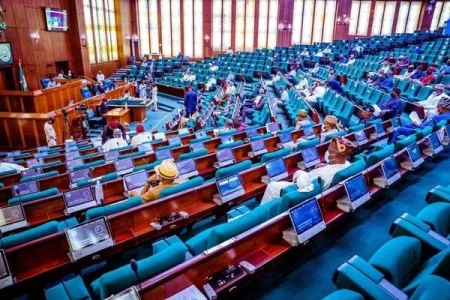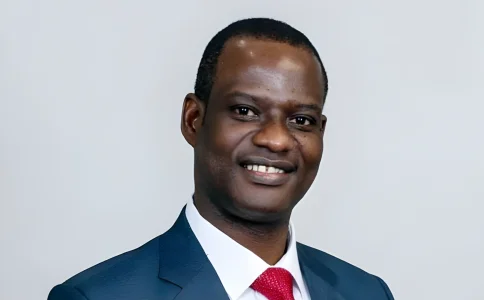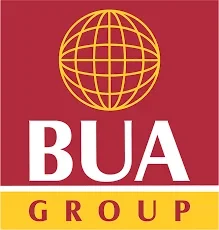
The Nigerian House of Representatives has indefinitely suspended the debate on the controversial Tax Reforms Bills after intense opposition from lawmakers and governors, particularly from the northern states. Concerns about regional disparities and the potential negative impact on northern citizens have led to calls for further consultations and delays in the legislation's progress.
The debate over the controversial Tax Reforms Bills in the Nigerian House of Representatives has been suspended indefinitely, following intense opposition from governors and lawmakers from the 19 northern states. Originally scheduled for Tuesday, December 3, 2024, the debate was postponed after mounting pressure from these northern figures, including 73 lawmakers who publicly opposed the bills.
The decision was formalized in a memo signed by Dr. Yahaya Danzaria, the Clerk of the House, which announced that the session would be rescheduled due to the need for further consultations. The memo emphasized that a new date would be communicated in due course. This shift came after a series of private meetings and discussions among lawmakers, particularly from the Northeast, where heated debates against the proposed reforms took place.
A leaked video of a closed-door session revealed the deep concerns of lawmakers from the Northeast, with one representative highlighting the extreme poverty in the region, exacerbated by the ongoing insurgency. This lawmaker emphasized that, historically, the North-East was already the poorest region in Nigeria, and that the current tax reforms would worsen the plight of its citizens. Another lawmaker from the North-West expressed suspicions about the urgency with which the government was pushing the bills, questioning why they were being fast-tracked and raising concerns that they did not align with the interests of the northern region.
The Tax Reforms Bills, which include proposals for changes to the Value Added Tax (VAT) sharing system and the establishment of new tax bodies, were introduced in September 2024 following recommendations from a presidential committee. The bills have been met with resistance, especially from the northern governors, who have argued that the reforms would disproportionately benefit the southern regions, particularly Lagos while harming the northern states.
Governor Babagana Zulum of Borno State voiced his concerns in a BBC interview, pointing out that the speed with which the bills were being considered was "suspicious" and urging the federal government to slow down. Zulum also noted that only Lagos would significantly benefit from the proposed changes, and emphasized the importance of further consultations to avoid regional imbalance.
In Kano State, local lawmakers also rallied against the reforms, with representatives from the state committing to work together to ensure the bills were withdrawn. Former Governor Aminu Tambuwal of Sokoto State echoed similar sentiments, describing the timing of the bill as "wrong" given the economic difficulties faced by Nigerians, including the effects of the fuel subsidy removal and the devaluation of the naira.
Despite the opposition from northern lawmakers, several members from the ruling All Progressives Congress (APC), including Philip Agbese and Babajimi Benson, have been lobbying in support of the reforms, arguing that the bills are designed to reduce the burden on the poorest citizens and small businesses. Benson, a consistent advocate for the bills, stressed the need for broader consultations and resolution of contentious issues.
The Coalition of Northern Groups, including a chapter in Gombe State, has also voiced strong opposition, warning that the proposed VAT changes could further deepen economic disparities between the North and South.


![[VIDEO] Aliko Dangote Accuses NMDPRA Boss of Spending $5M on Children’s Swiss Education, Demands Probe](/data/attachments/226/226057-2521fd45085ee0c9849a32fd152cba73.jpg?hash=EiW_N4yAPp)

